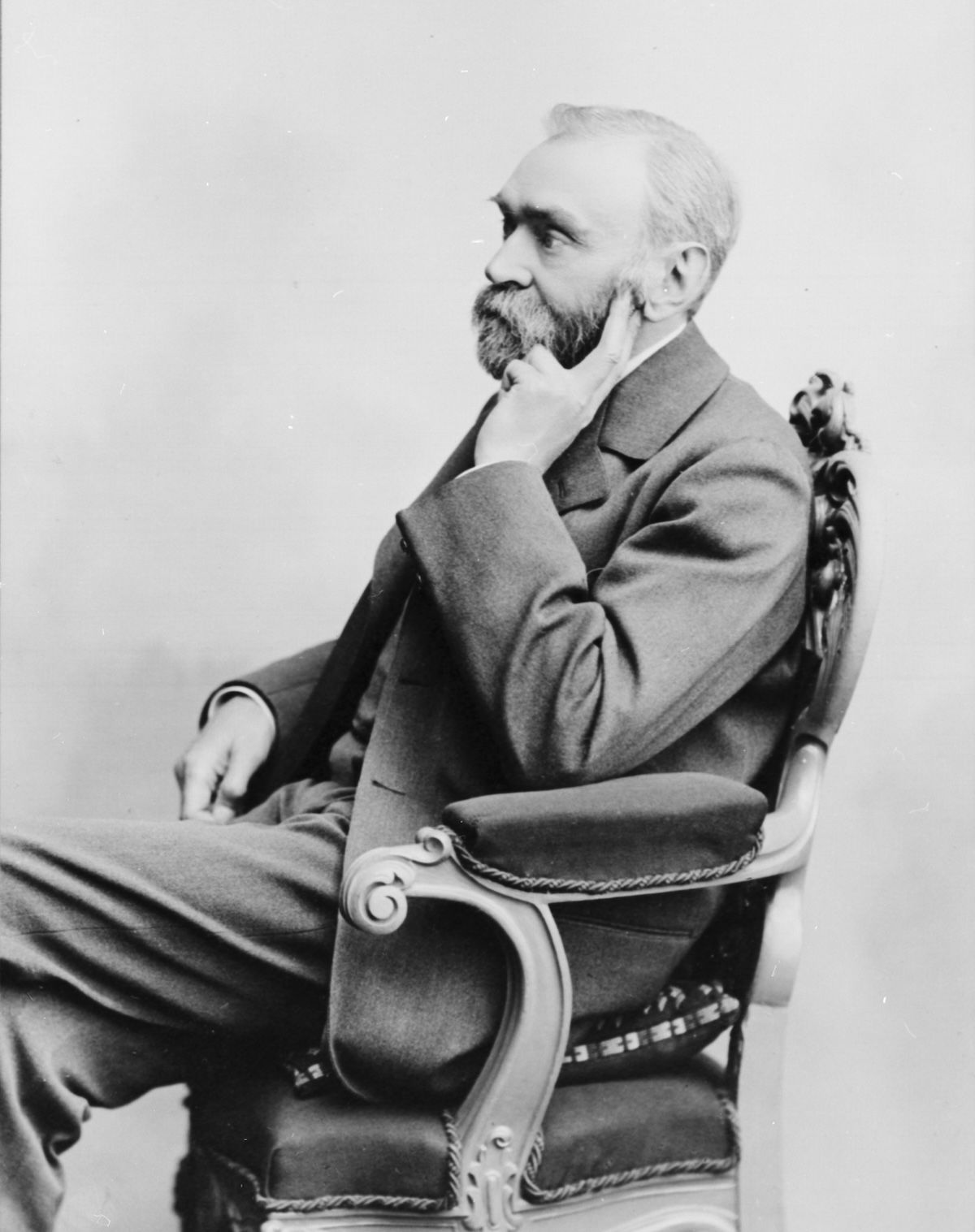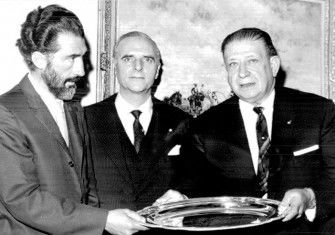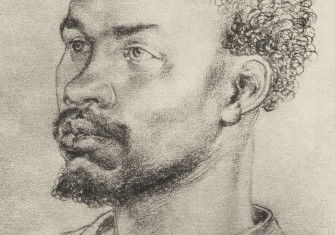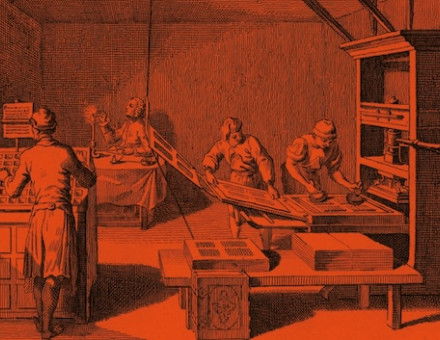How the Nobel Peace Prize Lost its Way
Alfred Nobel’s Peace Prize has become something other than what its founder intended in 1895. Where have the ‘Champions of Peace’ gone?

There probably never was a finer gift donated to ‘the greatest benefit of mankind’ than the prize that the Swedish inventor and tycoon Alfred Nobel (1833-96) established for ‘the champions of peace’. The abolition of war has been a hopeful dream of most people through all ages. When, on 27 November 1895, Nobel signed his last will, he had concluded that his desire for global peace required global disarmament founded on global law. He intended his prize to promote a systemic change in international relations.
Hardly any of his inventions have been more effective than the five prizes Nobel established for medicine, physics, chemistry, literature and peacemaking. They have become a visible, lasting international institution, attracting global attention to great minds and deeds, innovative ideas and discoveries twice every year.







